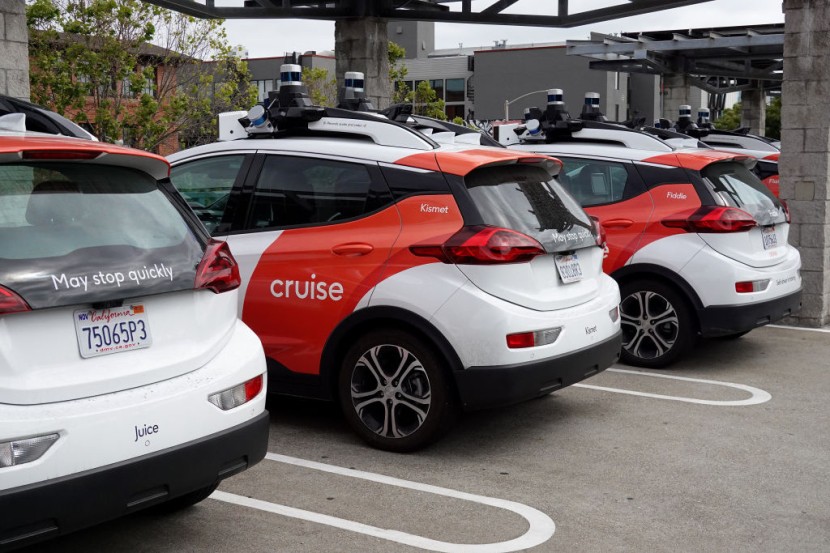Cruise, the GM-owned autonomous vehicle business, said it has suspended operations of its driverless vehicles throughout the nation. The action, announced on Thursday night, October 26, comes after Cruise's rollout of self-driving cars in San Francisco was temporarily halted earlier this week by the California Department of Motor Vehicles (DMV).
Founded in 2013 by current CEO Kyle Vogt, the manufacturer of driverless vehicles has already begun testing in San Francisco, Austin, Phoenix, Houston, Dallas, and Miami.
On Tuesday, October 24, GM revealed that until September of this year, the Cruise had cost the corporation over $1.9 billion in losses. This includes a loss of $732 million for the third quarter. The California DMV said it had stopped Cruise's deployment and testing licenses in the state on the same day that GM released its earnings report for the third quarter, as reported by CNBC.
California Ban

Since Cruise was given permission in August to operate a 24/7 robotaxi service in San Francisco, there has been a wave of safety concerns and mishaps, leading to the DMV's orders of suspension. Prior to that, the California Public Utilities Commission also revoked Cruise's right to operate its robotaxi service in the state and to collect fares from customers.
Early in October, a pedestrian in San Francisco was thrown into the path of a Cruise self-driving car after being hit by another vehicle driven by a person. The Cruise driverless car stopped dead in its tracks, as shown by DMV documents acquired by CNBC. The investigation indicated that the autonomous car tried a pullover maneuver with the pedestrian beneath.
According to the report filed with the DMV, the vehicle traveled a distance of around 20 feet at a maximum speed of 7 mph before coming to a complete and final stop with the person still underneath it.
DMV said in its suspension orders given to Cruise that the company's cars are unsafe for public use and may be unable to react safely and appropriately in situations involving pedestrians. The decision was made two days after GM CEO Mary Barra repeatedly said that Cruise cars are safer than human drivers.
See Also : California Revokes Cruise's Autonomous Driving Licenses: 'Public Safety Remains the Top Priority'
During the Earnings Call
Barra said on the third quarter earnings call that GM intends to support Cruise's growth, with safety being the gating element in this process. "We do believe that Cruise has [a] tremendous opportunity to grow and expand."
Barra used Cruise as an illustration of the company's legacy of shaping the future of transportation. She said that the self-driving business continues to test the limits of what autonomous vehicle technology can provide to society. She promised that safety is always their first priority and that they are always working to make improvements in this area.








